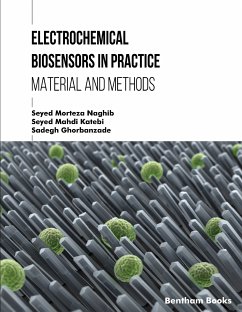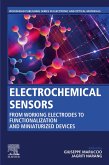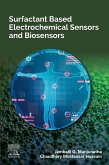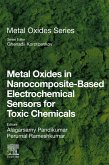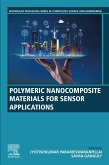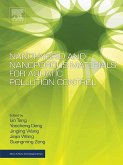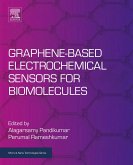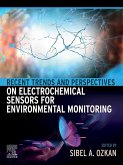Electrochemical Biosensors in Practice: Material and Methods particularly explores the use of silver and gold nanoparticles for signal amplification, photocurrent transduction, and aptamer design. Therefore, the book serves as an introductory text for those specializing in biosensors and bioelectronics and their practical applications.
Key features
Includes structured information for easy understanding of the subject
Provides an introduction to biosensors and electrochemical biosensor classification
Explains fundamental concepts and practical electrochemistry techniques for research
Provides notes on essential electrochemical sensor materials such as graphene, carbon nanotubes, conductive polymers, and other advanced materials
Provides information about electrochemical biosensor development
Informs readers about recent applications and research findings
Includes references for further reading
Dieser Download kann aus rechtlichen Gründen nur mit Rechnungsadresse in A, B, BG, CY, CZ, D, DK, EW, E, FIN, F, GR, H, IRL, I, LT, L, LR, M, NL, PL, P, R, S, SLO, SK ausgeliefert werden.

